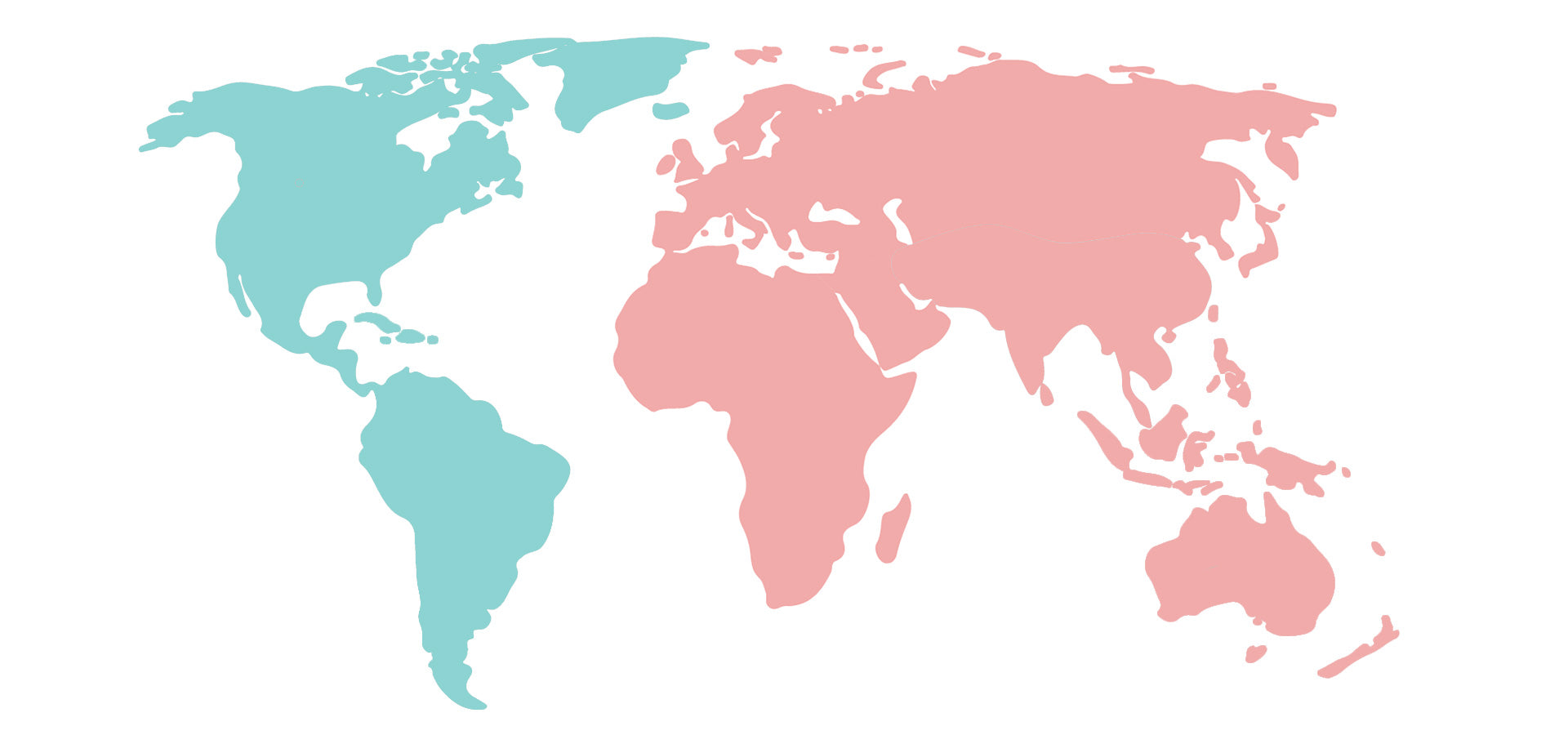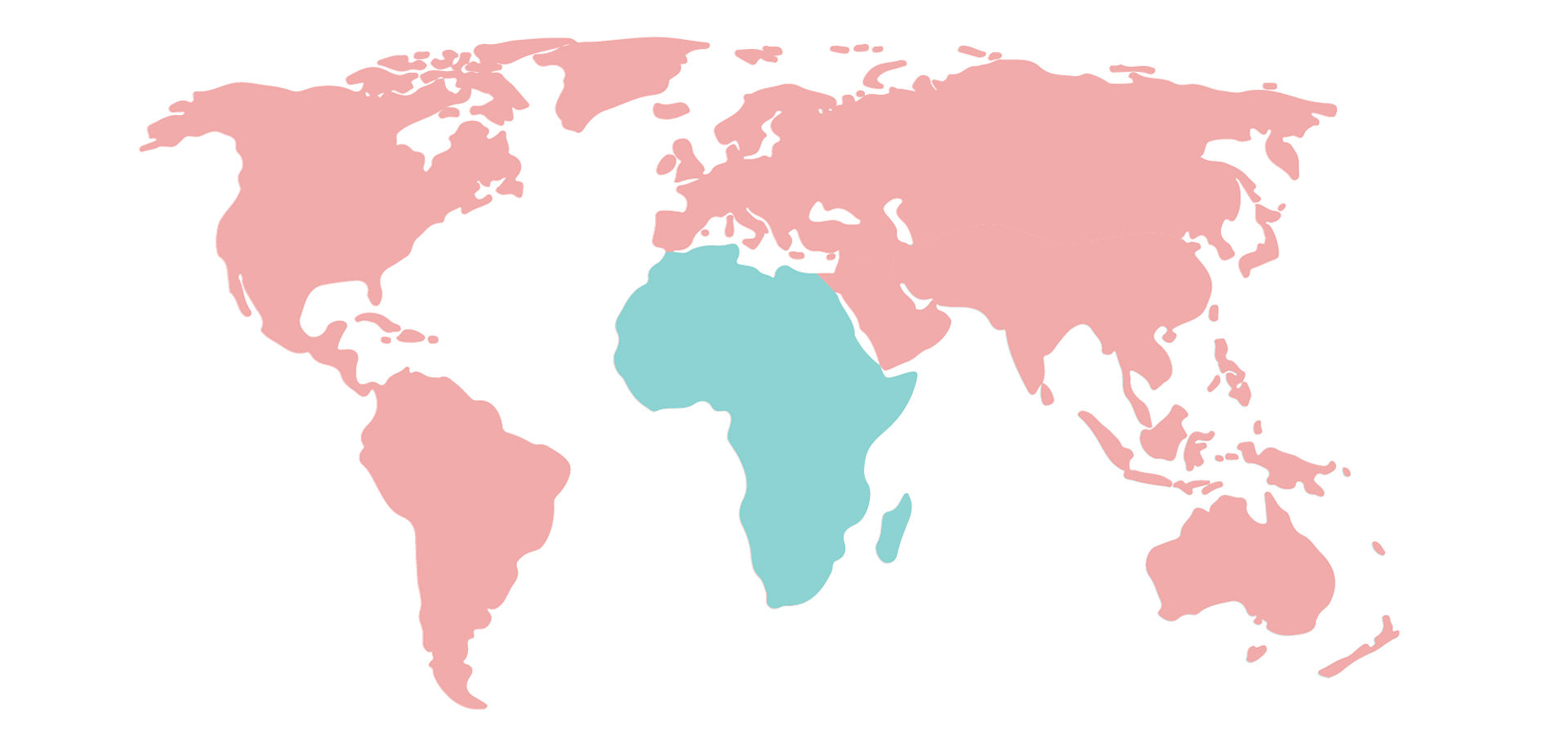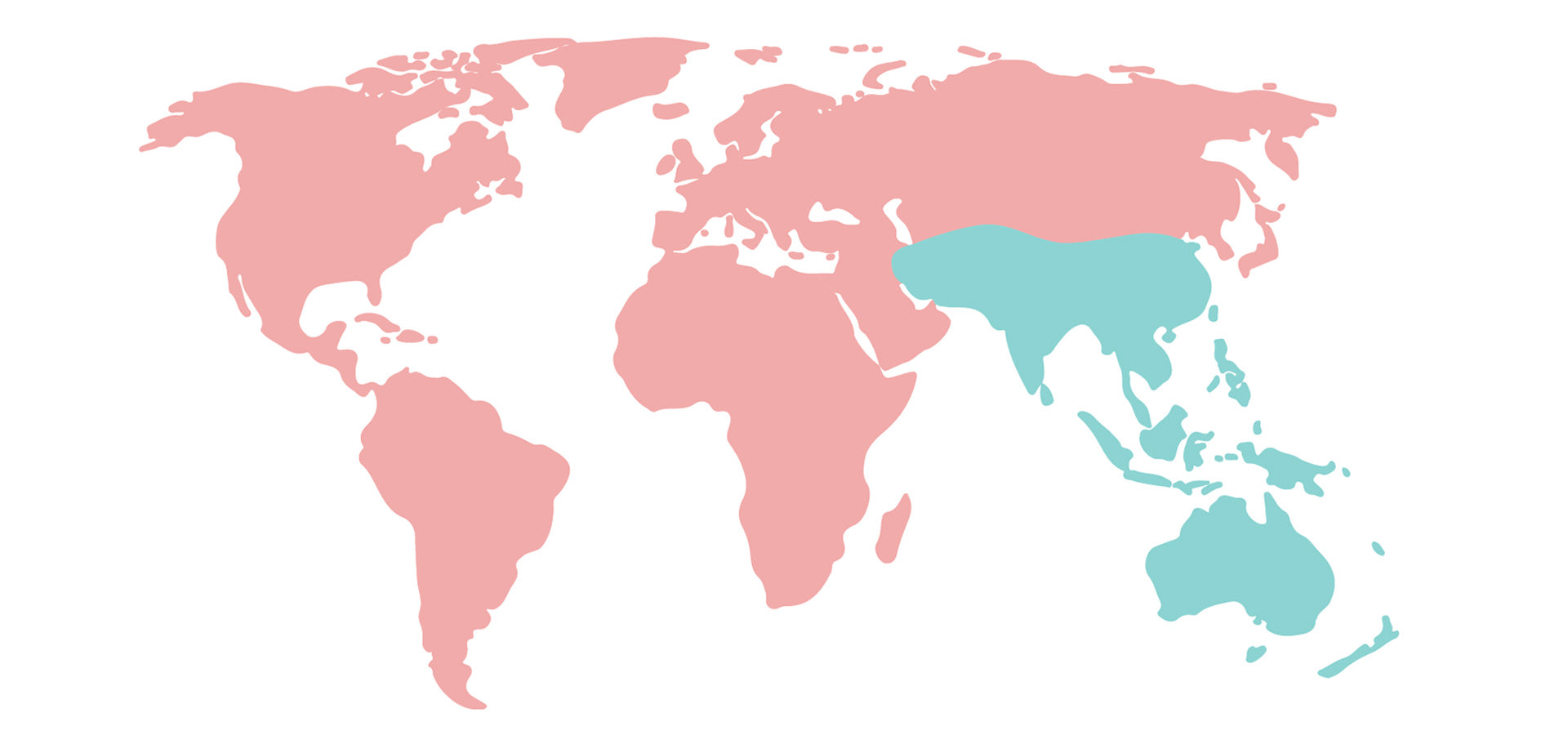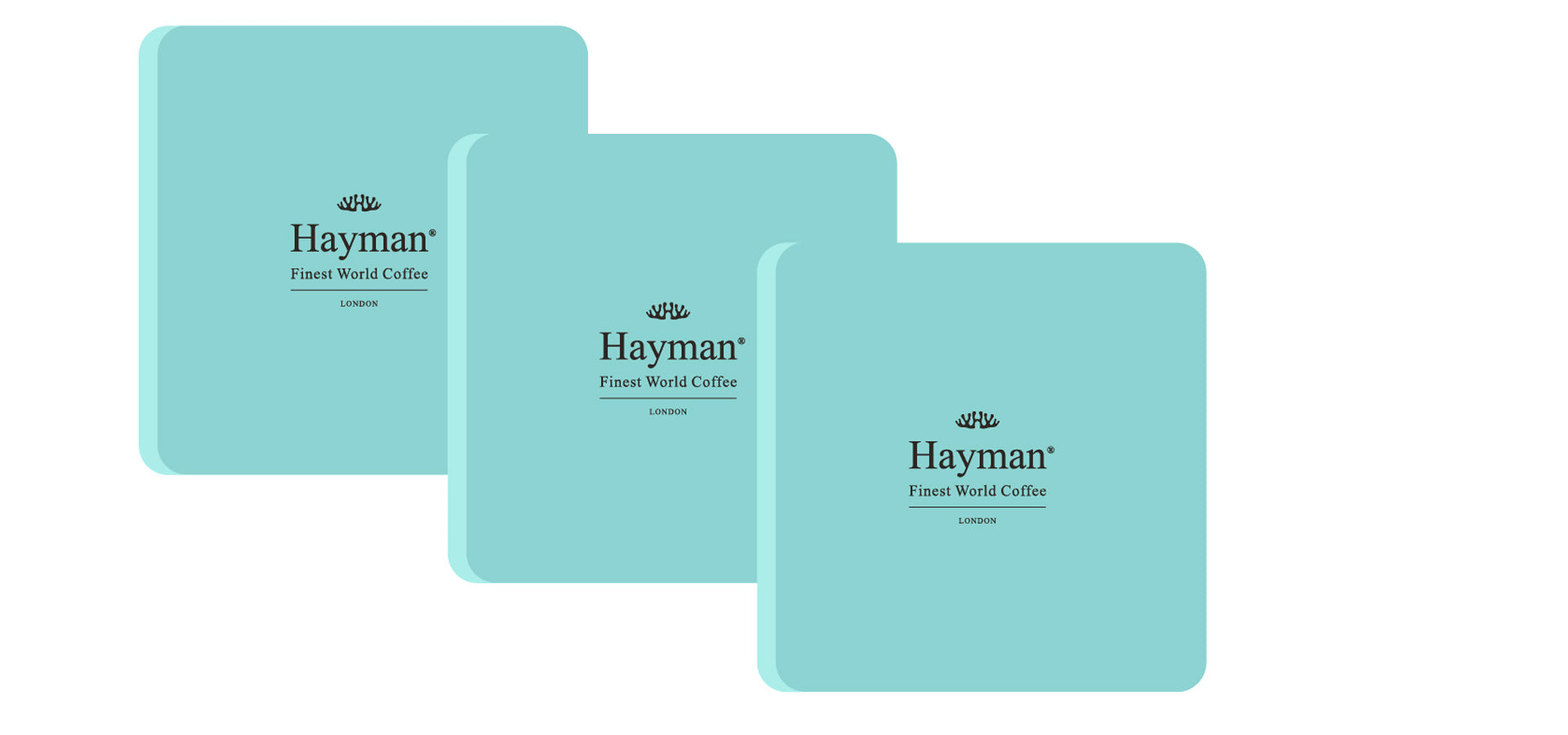What Is the Difference Between Coffee and Specialty Coffee?

Introduction
Coffee is a ubiquitous beverage, enjoyed by millions of people around the world every day. It's the morning pick-me-up, the fuel for late-night work sessions, and a reason to gather with friends. But within the vast world of coffee lies a distinct category known as "specialty coffee". If you're a casual coffee drinker, you might wonder what sets specialty coffee apart from the regular coffee you brew at home or pick up from the local café. This article delves into the differences between coffee and specialty coffee, exploring everything from bean quality and processing methods to the culture and community that surround each.
Defining Coffee and Specialty Coffee
Before diving into the differences, it’s important to define what we mean by "coffee" and "specialty coffee".
- Coffee: In its broadest sense, coffee refers to the beverage made from roasted coffee beans. These beans come from the seeds of the coffee plant, specifically the species Coffea arabica and Coffea canephora (commonly known as Robusta). Coffee is available in various forms, ranging from instant coffee to pre-ground blends to whole beans, and is typically consumed for its stimulating effects due to caffeine.
- Specialty Coffee: Specialty coffee, on the other hand, is a term used to describe the highest quality coffee available, scoring 80 points or higher on a 100-point scale set by the Specialty Coffee Association (SCA). This coffee is meticulously cultivated, processed, and brewed to highlight unique and complex flavor profiles. Specialty coffee is often associated with a movement that values quality, sustainability, and the art of coffee-making.
Bean Quality and Origins
One of the most significant differences between regular coffee and specialty coffee lies in the quality of the beans and their origins.
- Regular Coffee Beans: The majority of coffee consumed globally is made from a mix of Arabica and Robusta beans. Robusta beans, known for their higher caffeine content and resistance to pests, are cheaper to produce but tend to have a harsher, more bitter taste. Regular coffee often comes from large-scale commercial farms where quantity is prioritized over quality, resulting in beans that may lack the complex flavors sought after in specialty coffee.
- Specialty Coffee Beans: Specialty coffee is almost exclusively made from Arabica beans, which are known for their delicate flavors, balanced acidity, and lower caffeine content. These beans are grown in specific regions with ideal climates and elevations, often referred to as coffee "terroir." The focus is on producing beans with distinct flavor profiles, and the process from farm to cup is carefully monitored to ensure the highest quality.
The Harvesting and Processing Methods
The methods used to harvest and process coffee beans also play a crucial role in distinguishing regular coffee from specialty coffee.
- Harvesting Regular Coffee: In large-scale coffee production, beans are often mechanically harvested. This method, while efficient, can result in a mix of ripe and unripe cherries, leading to inconsistencies in flavor and quality. The processing methods are also optimized for speed and cost, which can sometimes result in a loss of flavor.
- Harvesting Specialty Coffee: Specialty coffee, however, is usually handpicked, with workers selecting only the ripest cherries. This labor-intensive process ensures that the beans are at their peak flavor potential when harvested. Once picked, the beans undergo various meticulous processing methods, such as washed (wet), natural (dry), or honey processing (a hybrid between the washed and the natural processing methods), each contributing to the coffee's unique flavor profile. The goal is to preserve and enhance the bean's natural characteristics rather than just mass-producing coffee.
Roasting Techniques
Roasting is another area where coffee and specialty coffee diverge significantly.
- Roasting Regular Coffee: Regular coffee is often roasted in large batches, with a focus on achieving a consistent, uniform roast. The roast profile is typically darker, which can mask the beans' inherent flavors and produce a more homogeneous taste. This approach is beneficial for producing large quantities of coffee that will taste the same every time but often at the expense of complexity and nuance.
- Roasting Specialty Coffee: In contrast, specialty coffee is usually roasted in smaller batches, with each batch carefully monitored to bring out the best in the beans. Specialty roasters often experiment with different roasting profiles, aiming to highlight the unique flavors of each coffee origin. The roasting process is tailored to the specific characteristics of the beans, with lighter roasts often preferred to preserve the coffee's natural flavors and complexity.
Brewing and Preparation
The way coffee is brewed and prepared further illustrates the differences between regular coffee and specialty coffee.
- Brewing Regular Coffee: Regular coffee is often brewed using standard methods such as drip machines, single-serve pods, or instant coffee. These methods are convenient and designed for speed and consistency, but they may not extract the full flavor potential of the beans. The focus is usually on producing a large volume of coffee with a consistent taste, often leading to a more generic flavor profile.
- Brewing Specialty Coffee: Specialty coffee, on the other hand, emphasizes precision and care in brewing. Baristas or home brewers often use manual methods such as pour-over, French press, Aeropress, or espresso machines. These methods allow for greater control over factors like water temperature, brewing time, and grind size, all of which can significantly impact the final taste. The aim is to create a cup of coffee that reflects the unique characteristics of the beans, offering a more personalized and refined experience.
Flavor Profiles and Tasting Experience
Perhaps the most noticeable difference between regular coffee and specialty coffee is the flavor and overall tasting experience.
- Flavor of Regular Coffee: Regular coffee is often characterized by a more straightforward, consistent flavor profile. Common tasting notes include bitterness, with hints of chocolate or nuttiness, and sometimes a pronounced acidity. The goal is often to achieve a familiar, reliable taste rather than to explore the nuances of the beans.
- Flavor of Specialty Coffee: Specialty coffee is celebrated for its complexity and diversity of flavors. Depending on the origin and processing method, a cup of specialty coffee might reveal fruity, floral, or even spicy notes, with a well-balanced acidity and a smooth finish. Each sip can offer a different experience, making the act of drinking specialty coffee akin to wine tasting, where the focus is on appreciating the distinct characteristics of the coffee.
The Culture and Community
Beyond the technical differences, coffee and specialty coffee also represent different cultures and communities.
- Coffee Culture: Regular coffee culture is often centered around convenience and routine. Coffee is a daily necessity, a quick boost to get through the day. While there are certainly communities built around coffee, the focus is usually on the act of drinking coffee rather than on the coffee itself.
- Specialty Coffee Culture: Specialty coffee, however, fosters a culture of appreciation, education, and community. Specialty coffee shops are often hubs for coffee enthusiasts who are passionate about learning more about the origins, processes, and flavors of the coffee they drink. Baristas and roasters are viewed as artisans, and the coffee shop experience is often about savoring the coffee as much as it is about the social interaction.
Sustainability and Ethics
Another significant difference lies in the sustainability and ethical considerations that are often associated with specialty coffee.
- Sustainability in Regular Coffee: Large-scale coffee production can sometimes prioritize yield over sustainability, leading to practices that may be harmful to the environment or the livelihoods of farmers. While there are ethical and sustainable options available within regular coffee, they are not always the standard.
- Sustainability in Specialty Coffee: In contrast, the specialty coffee industry places a strong emphasis on sustainability and ethics. This includes fair trade practices, organic farming, and efforts to reduce the environmental impact of coffee production. Specialty coffee often involves direct trade relationships between roasters and farmers, ensuring that farmers receive fair compensation and that the coffee is produced in an environmentally responsible manner.
Conclusion
The differences between regular coffee and specialty coffee are profound, encompassing everything from the quality of the beans and the methods used to process and brew them to the cultural and ethical considerations that surround them. Specialty coffee is not just a beverage; it is an experience, a craft, and a community.
For those who are passionate about coffee, exploring the world of specialty coffee can be a rewarding journey. It offers the opportunity to appreciate the diverse flavors that coffee can offer, to learn about the intricate processes that go into each cup, and to connect with a community of like-minded individuals who share a love for this extraordinary drink.
Whether you're a casual coffee drinker or a dedicated coffee enthusiast, understanding the differences between regular coffee and specialty coffee can deepen your appreciation for this beloved beverage. So, the next time you sip on a cup of coffee, take a moment to consider where it came from, how it was made, and the journey it took to reach your cup. You might just discover a new favorite in the world of specialty coffee.
Hayman is a specialty coffee roaster and a proud member of the Specialty Coffee Association since 2015. At Hayman’s online coffee store, you will find a large variety of the most wonderful specialty coffees. All of these delicious coffees are available as whole bean, ground coffee, and as coffee pods/capsules – click here to order now, we offer free worldwide shipping!










